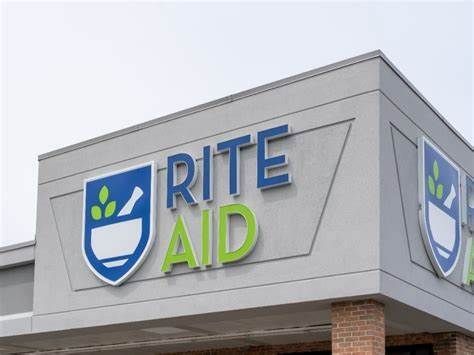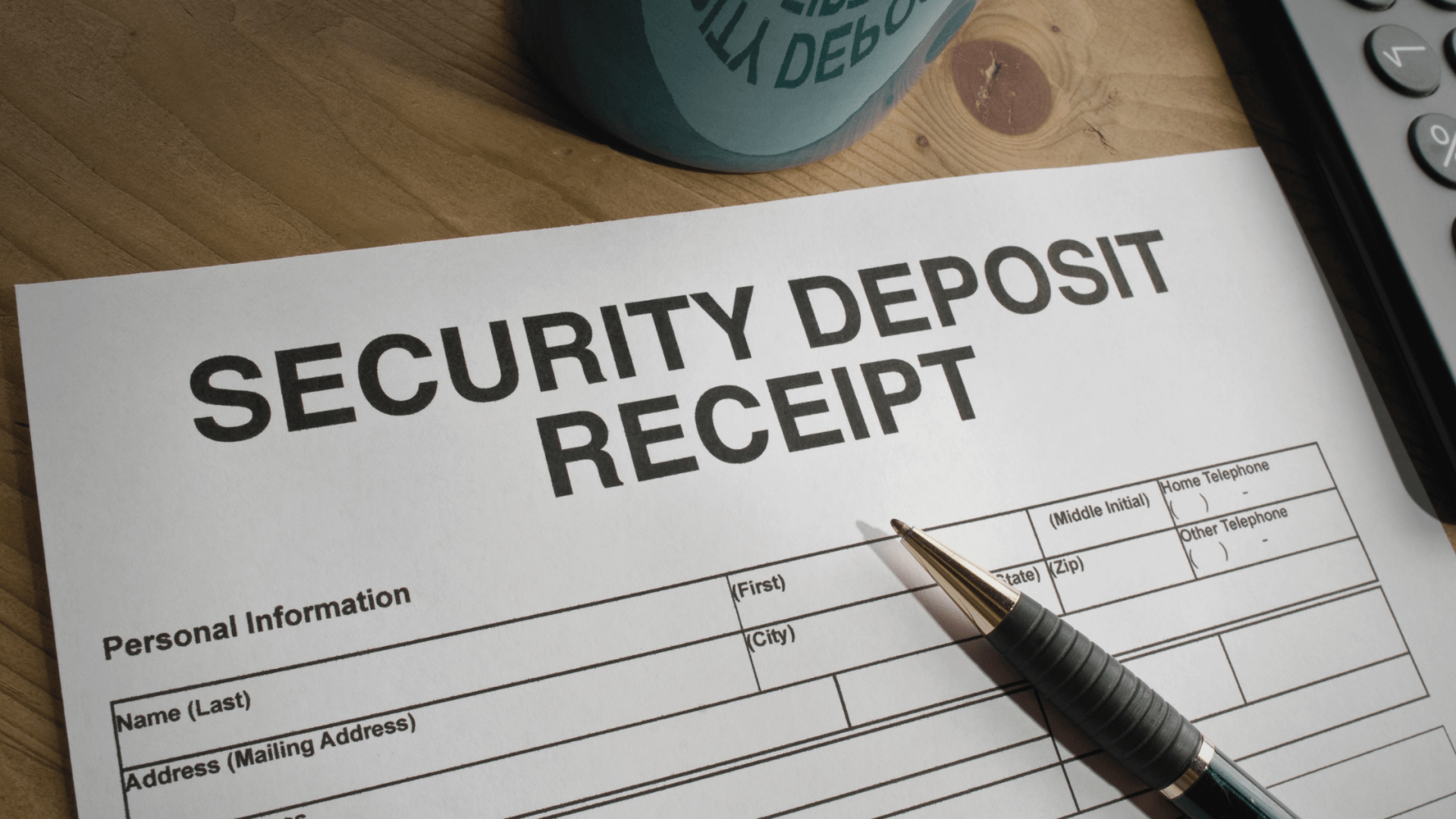3 Proven Investing Strategies When Preparing for Economic Recovery
Scouring the internet, there is no shortage of advice when it comes to preparing for economic recovery. Like any advice found online, some of it is valuable, while some of it should be ignored. This is especially important regarding investing strategies. Because investments are critical to long-term wealth and overall financial health, only the proper advice should be heeded. But that, of course, begs the question: how can you know which advice to trust and which to ignore? At Coastline Equity, we have spent more than 40 years providing leadership and expertise in the real estate consulting realm. To put it plainly, our investing strategies are proven.
If you are curious about how to approach your investing strategies while preparing for economic recovery, here are three proven steps you can take to help ensure long-term success.
1. Understanding the Type of Recovery
Your investing strategies when preparing for economic recovery will completely depend upon which type of recovery the economy is experiencing. There are several types of recoveries, named for their visual shapes: U-shaped, L-shaped, W-shaped, V-shaped, and K-shaped. We are currently experiencing a K-shaped economic recovery from the COVID-19 pandemic, which means that certain sectors of the economy are recovering more rapidly than others, decoupling the growth. In this particular case, the real estate industry has been quick to not only recover but boom. Recognizing how the recovery is developing and which industries are on the path to success quicker will help you to make successful investments down the road.
2. Analyze Your Portfolio
Investing strategies while preparing for economic recovery can be difficult to devise. The reality is that an economic downturn, such as the one we experienced during the COVID-19 pandemic, creates loads of uncertainty across market sectors. Uncertainty makes investors uneasy, and for good reason—making successful investments is already difficult with a clear economic picture, and when the economic outlook is hazy it makes strategizing even more difficult.
Before you begin formulating or executing any long-term investing strategies, you should first take some time to analyze your portfolio. Regardless of whether or not you are looking to capitalize on the investment opportunities that economic recovery provides, regularly analyzing your investment portfolio should be part of your routine. This analysis should help identify your risk tolerance and what types of investments are appropriate to establish and maintain proper portfolio diversification.
3. Formulate a Long-term Plan
Once you have a clear picture of the type of recovery that we are experiencing and you have properly and thoroughly analyzed your current investment portfolio to identify risk tolerance and diversification, it is time to formulate long-term investing strategies. This is the final step before execution, but it is also the most important. This is where you pinpoint exactly which investments make the most sense for your portfolio and how to approach them. In 2021, because of the K-shaped economic recovery, the real estate market is far outpacing other industries. That makes this a great time to invest in real estate if your portfolio allows it. Look for areas in the market where you can capitalize on strong yet stable growth, such as single-family residential real estate, to round out your investments.
For more information about investing strategies during economic recovery from trusted industry experts, visit the Coastline Equity news section.
Property Management Made Easy
Contact Us - Contact Page
We will get back to you as soon as possible
Please try again later
Los Angeles
1411 W. 190th St.,
Suite 225
Los Angeles, CA 90248
Temecula
41743 Enterprise Circle N.,
Suite 207
Temecula, CA 92590

P.O. BOX #1489
TORRANCE, CA 90505








